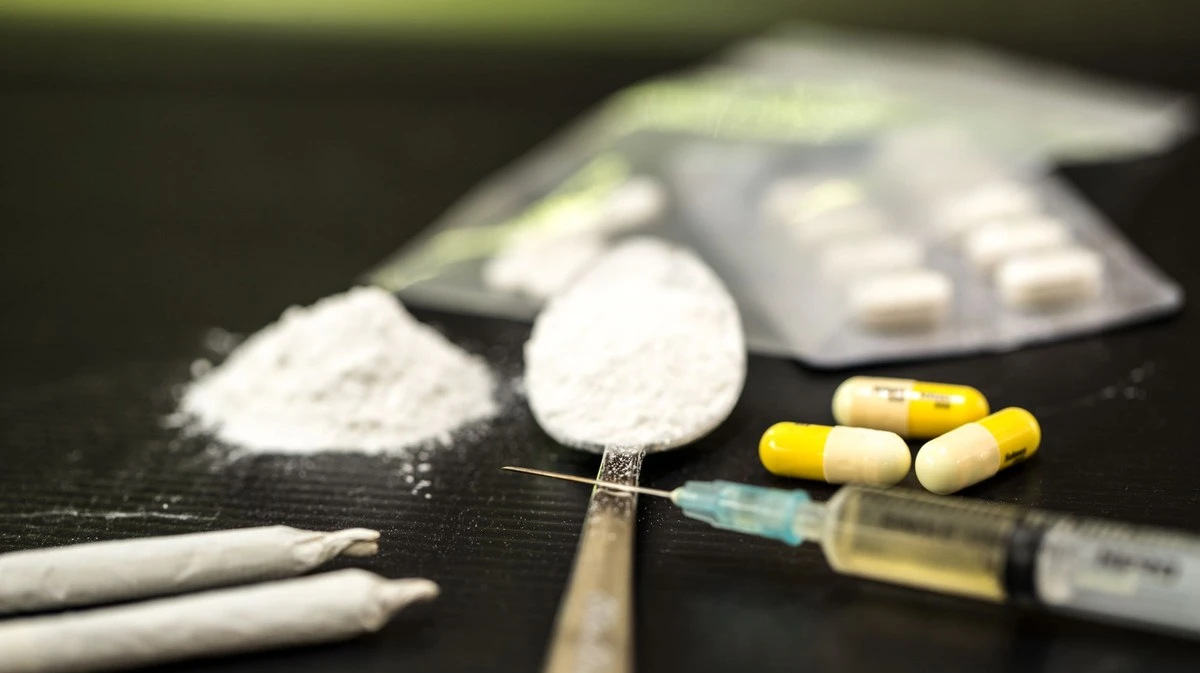Not many really ever look into safeguards of these programs and let their imaginations take the reins. Here's the basics of MAID.
The things you need to get the process started is sign off from two doctors or nurse practitioners from two completely independant medical practices who are not directly involved in any long term care planning for the patient and are not experiencing any financial incentive. Doctors are allowed to refuse participation for any reason. They also must have demonstrated expertise in treatment of the condition for which someone is using as their reason for seeking MAID.
In the event of a non terminal illness one also needs a witness to back up your decision to pursue MAID to sign off on all the papers. There are some restrictions about who can count as a witness but in addition to those this person cannot :
-benefit from your death
-be an unpaid caregiver
-be an owner or operator of a health care facility where you live or are receiving care
The law requires all other potential services and harm reduction strategies be discussed as options and made available and stress is to be put on that you can opt out of the process at any time.
Once the paperwork is signed it begins a 90 day minimum assessment period. Witnesses found to be in violation of any of the witness or doctor restrictions are liable to be criminally charged.
People without decision making capacity are ineligible to apply for MAID. If their case is degenerative they can waive their final consent requirements but people can legally specify under a different program in palliative care a pre-determined termination criteria to pick what level of mental degeneration activates the order and it must be signed off on while the person is of sound mind or else your only choice is a naturally occuring death.
Lastly the final assessment requires active consent and cannot be in a state judged to be mentally incapable of decision making authority unless they previously waived that requirement. The person must be given every opportunity to opt out.
Finally the assessment request now requires a mandatory sign on for data collection for posterity. This is for purposes of determining if the system is being potentially exploited requiring the data in regards to identifying whether race, Indigenous identity and disability seek to determine the presence of individual or systemic inequality or disadvantage in the context of or delivery of MAID. The data regarding everyone who seeks the program, the doctors and the witnesses who signed on and those who decided later not to pursue then is referred to an investigative inquest body and the presence of the program has to be occasionally reviewed by federal Parliament and actively renewed over a predetermined cycle.

